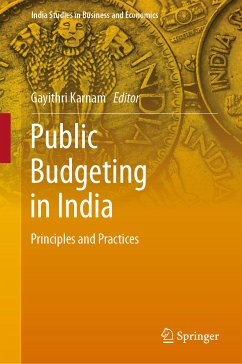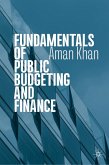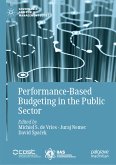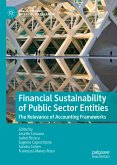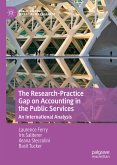This book explores public budgeting in India. As government finances play an important role in the social and economic development of a nation, it focuses on public budgeting in the context of India. The respective chapters not only discuss the underlying principles of budgeting, but also address the practical issues related to the government's financial operations and their macro-economic implications. Recently there has been considerable debate surrounding the size of government, with the neo-liberal framework advocating a very limited governmental role.
This book provides comprehensive information on the practical aspects of public budgeting with regard to how governments raise revenues, how they are spent, the nature of public services provided, and their implications for the social and economic development of the country against the backdrop of public budgeting theory. The topics covered include the constitutional fiscal framework; theories, structure and issues related to budgets; mechanisms of budget construction, budget execution, public budgeting and performance assessment; government accounting; and financial accountability.
Dieser Download kann aus rechtlichen Gründen nur mit Rechnungsadresse in A, B, BG, CY, CZ, D, DK, EW, E, FIN, F, GR, HR, H, IRL, I, LT, L, LR, M, NL, PL, P, R, S, SLO, SK ausgeliefert werden.

